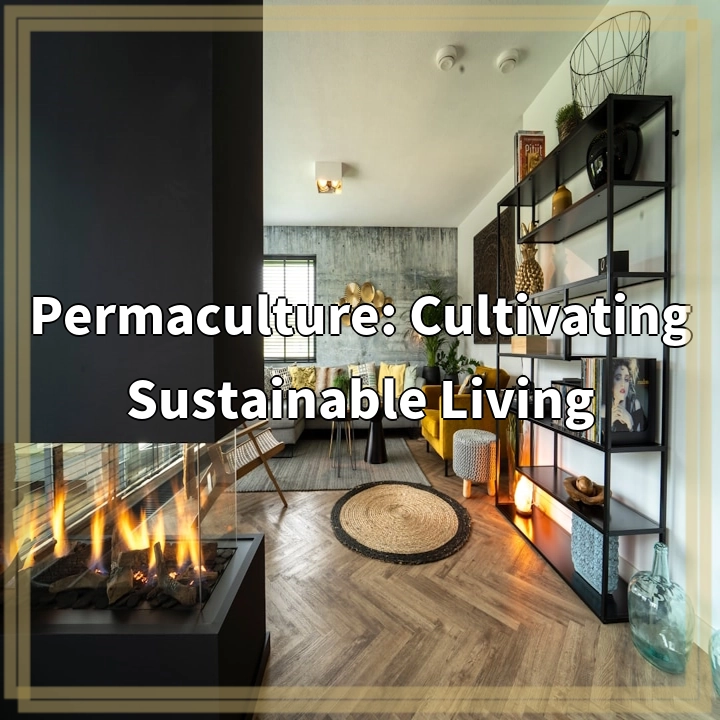Physical Address
304 North Cardinal St.
Dorchester Center, MA 02124
Physical Address
304 North Cardinal St.
Dorchester Center, MA 02124

Permaculture addresses the significant challenge of loss of biodiversity by promoting the creation of diverse ecosystems that support a wide range of species. In permaculture gardens or farms, diverse plant species are grown together, providing food, shelter, and habitat for insects, birds, and other wildlife. This emphasis on biodiversity helps maintain the balance of ecosystems and supports pollination and natural pest control.
Permaculture offers solutions to combat soil degradation caused by industrial agriculture practices. Techniques such as composting, mulching, cover cropping, and integrated animal systems are used in permaculture to improve soil health. By enhancing organic matter content, increasing soil fertility, and encouraging beneficial soil organisms, permaculture practices lead to improved soil structure and nutrient cycling.
Permaculture tackles the issue of water scarcity by implementing water conservation strategies. Techniques like rainwater harvesting, contouring land to manage water flow, and planting water-retaining vegetation are incorporated into permaculture designs. These practices minimize water runoff, reduce water consumption, and increase the resilience of landscapes to drought conditions.
Permaculture plays a crucial role in promoting food security by encouraging local and sustainable food production. Through the cultivation of a diverse range of edible plants, including fruits, vegetables, herbs, and nuts, permaculture systems prioritize dietary diversity. Companion planting and rotational cropping techniques further enhance food security by providing a sustainable and resilient source of food for communities.
Permaculture offers nature-based solutions to mitigate and adapt to climate change. By prioritizing organic and regenerative practices, permaculture systems reduce carbon emissions and build carbon-rich soils. Agroforestry techniques, which involve integrating trees with agricultural crops, play a vital role in sequestering carbon and enhancing ecosystem resilience against the impacts of climate change.
By addressing these real-world problems through permaculture, we can foster more sustainable and resilient communities that live in harmony with the natural world. Permaculture promotes biodiversity, healthy soil ecosystems, water conservation, local food production, and climate change mitigation and adaptation.
If you’re wondering where the article came from!
#